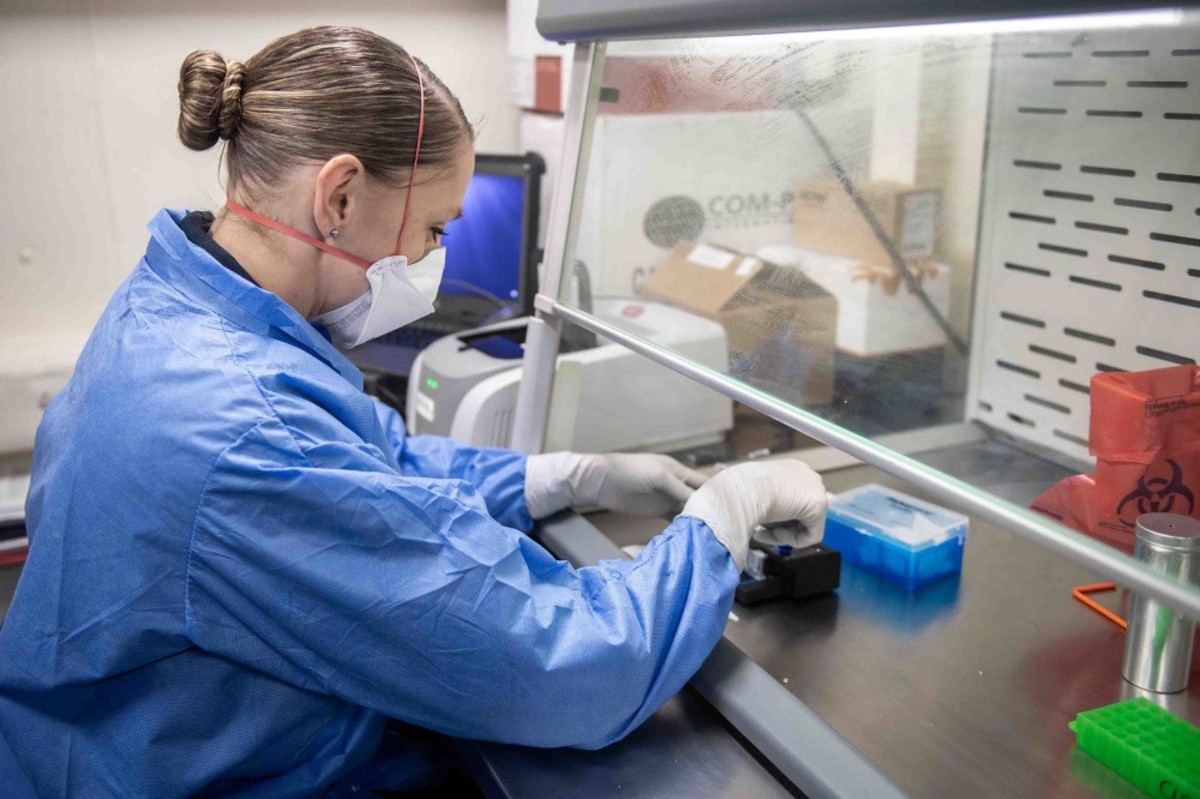The first recorded case in America of the SARS-CoV-2 variant that originated in Brazil happened in Minnesota, and the CDC released a report revealing how it came here and how it was investigated.
The Minnesota Department of Health confirmed the first case of variant P.1 on January 25, just weeks after the variant was first confirmed in travelers from Brazil during a routine inspection at an airport in Tokyo.
The variant, which can be up to 2.2 times more transmissible than the initial COVID strain and has mutations in binding to the spike protein receptor, which raised concerns that it could escape the vaccine and naturally built immunity, came amid an ongoing disaster in Brazil, President Jair Bolsanaro was criticized for failing to implement measures to contain COVID and launch vaccines, and ridiculed COVID as “a small flu”, despite claiming more than 250,000 lives in his country.
The first case in the United States was reported in Minnesota after a person became symptomatic in early January and was hospitalized for 9 days.
During the investigation of the case, it was discovered that they had traveled to southeastern Brazil 14 days before the onset of symptoms, and their traveling companion – who lives in the same house – also tested positive after returning.
The Minnesota Department of Health has been testing 100 samples of COVID per week since December for possible variants, and the genome sequencing of the two samples confirmed the P.1 variant in both.
So far, the two cases remain the only P.1 variants confirmed in Minnesota, according to CDC figures, while the most widespread variant B.1.1.7 in the UK has seen 78 cases. Given the limits of sequencing the MDH genome, however, there may be more than has been discovered.
The CDC says that the hospitalized patient interacted with four health centers while he was with the virus, with tests offered to 111 health professionals who came into contact with them, but without high-risk exposures.
Subsequently, 22 workers took the COVID test and none were positive.
Subscribe: Subscribe to our BREAKING NEWS newsletters
The airport MSP was also informed because the pair that had the variant traveled internationally and arrived on a domestic flight to the MSP, but because “19 days have passed since the flights, the CDC has not initiated a full investigation of the aircraft’s contact”.
However, it obtained information from potentially exposed passengers and notified the health departments where they resided. Another 42 people who could have had close contact with the pair in Minnesota were also tested. Twenty of them tested, all were negative.
The CDC says the discovery of variant P.1 “underscores the importance of community prevention strategies to delay transmission of SARS-CoV-2”, including the use of “tight-fitting masks”, social distance, hand washing, regular testing and the use of quarantines and isolation for anyone with a positive result or symptoms.

